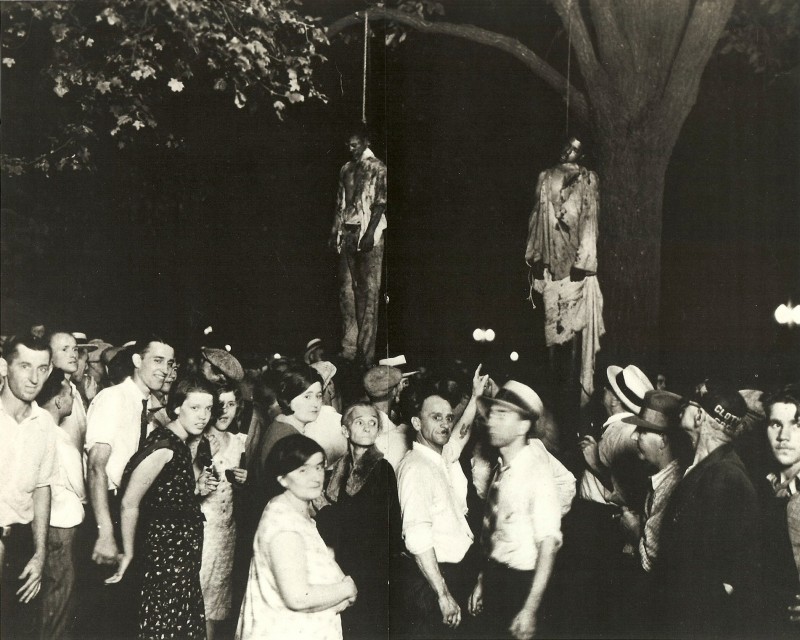As AI tools get smarter, they’re growing more covertly racist, experts find
Share
Explore Our Galleries
Breaking News!
Today's news and culture by Black and other reporters in the Black and mainstream media.
Ways to Support ABHM?
By Ava Sasani, The Guardian

Popular artificial intelligence tools are becoming more covertly racist as they advance, says an alarming new report.
A team of technology and linguistics researchers revealed this week that large language models like OpenAI’s ChatGPT and Google’s Gemini hold racist stereotypes about speakers of African American Vernacular English, or AAVE, an English dialect created and spoken by Black Americans.
“We know that these technologies are really commonly used by companies to do tasks like screening job applicants,” said Valentin Hoffman, a researcher at the Allen Institute for Artificial Intelligence and co-author of the recent paper, published this week in arXiv, an open-access research archive from Cornell University.
Hoffman explained that previously researchers “only really looked at what overt racial biases these technologies might hold” and never “examined how these AI systems react to less overt markers of race, like dialect differences”.
[…]
Hoffman and his colleagues asked the AI models to assess the intelligence and employability of people who speak using AAVE compared to people who speak using what they dub “standard American English”.
[…]
The models were significantly more likely to describe AAVE speakers as “stupid” and “lazy”, assigning them to lower-paying jobs.
AI increasingly proves capable of replicating racial bias.









Comments Are Welcome
Note: We moderate submissions in order to create a space for meaningful dialogue, a space where museum visitors – adults and youth –– can exchange informed, thoughtful, and relevant comments that add value to our exhibits.
Racial slurs, personal attacks, obscenity, profanity, and SHOUTING do not meet the above standard. Such comments are posted in the exhibit Hateful Speech. Commercial promotions, impersonations, and incoherent comments likewise fail to meet our goals, so will not be posted. Submissions longer than 120 words will be shortened.
See our full Comments Policy here.